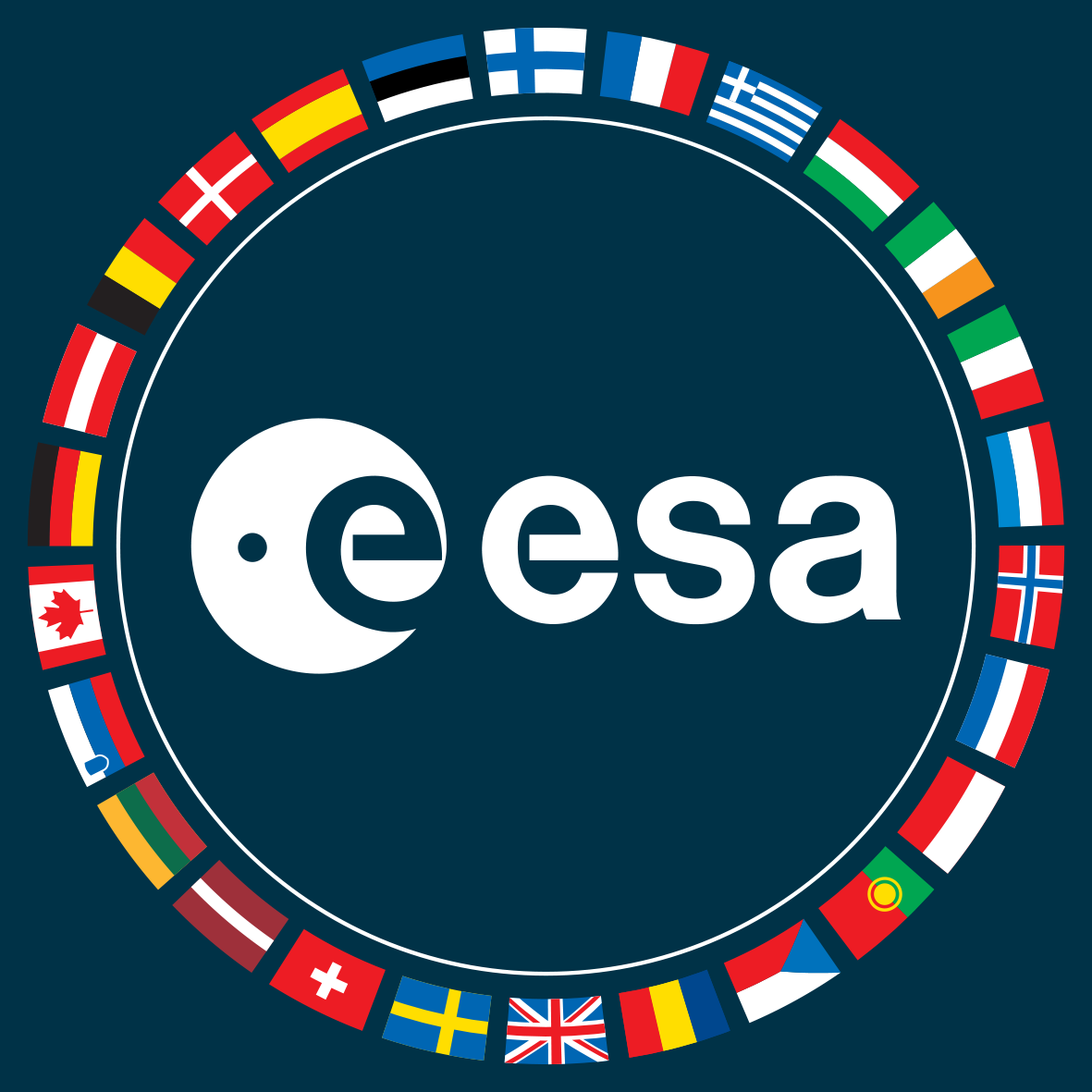Remote Sensing Microwave Instrument Engineer (10061)
Noordwijk, The Netherlands, ESA [Req ID 10061]
About this job
Vacancy in the Directorate of Technology, Engineering and Quality.
ESA is an equal opportunity employer, committed to achieving diversity within the workforce and creating an inclusive working environment. Applications from women are encouraged.
Post:
Remote Sensing Microwave Instrument Engineer
This post is classified A2-A4 on the Coordinated Organisations’ salary scale.
Location:
ESTEC, Noordwijk, The Netherlands
Description:
Remote Sensing Microwave Instrument Engineer in the Payload Engineering Section, RF Payloads & Technology Division, Electrical Department, Directorate of Technology, Engineering and Quality.
The Payload Engineering Section provides functional support to ESA projects and carries out technological research (R&D) in telecommunication payloads and subsystems and microwave and millimetre wave remote sensing instruments and navigation payloads exploiting analogue, digital and optical on-board technologies.
Responsibilities
Reporting to the Head of Section and within the technical fields described above, your main tasks and responsibilities will include:
- providing ESA projects, programmes and general studies with expert technical support and consultancy on RF payloads throughout all project phases, in particular regarding RF, microwave and millimetre wave remote sensing instruments and payloads;
- contributing to the overall architectural definition, specification, development and verification of future RF, microwave and millimetre wave remote sensing instruments/payloads, including assessment of new concepts, signal processing techniques and applications of new technologies;
- assessing new concepts, architectures, technologies and processing techniques to be applied to the next generation of microwave and millimetre wave instruments/payloads;
- defining the technological requirements of microwave and millimetre wave remote sensing instruments, in co-operation with ESA’s specialists in the different domains;
- participating in feasibility studies, project reviews and the evaluation of procurement proposals;
- identifying critical development problems and assisting in their resolution;
- contributing to the definition of technology development requirements and work plans for the Agency’s technology programmes in the area of RF, microwave and millimetre wave remote sensing instruments/payloads;
- defining, initiating and managing R&D activities covering both long- and short-term needs;
- fostering new application areas for multidisciplinary activities, placing emphasis on innovative concepts, cutting-edge technologies and system architectures;
- laboratory activities as required;
- monitoring applicable scientific and technological trends and maintaining state-of-the-art expertise;
- contributing to the dissemination of results of activities performed and the transfer of knowledge across the Agency;
- supervising students and trainees with respect to the analysis, simulation and development of advanced concepts in the Section’s technical fields.
Your duties may also include supporting other activities within your field of competence.
Profile
Technical competencies
- General background and specific experience in the technical domains covered by the position
- Hands-on instrument hardware design and simulation experience
- Understanding of related technologies, R&D trends and the industrial landscape
- Project support experience in a relevant domain
- Experience in preparation of procurement activities for technology development and innovation (statements of work, proposal evaluation)
- Experience in the management and monitoring of industrial activities, including participation in reviews
Behavioural competencies
- Communication
- Teamwork
- Innovation & Creativity
- Results Orientation
- Planning & Organisation
- Continuous Learning
Education
A Master’s degree in telecommunications, electronics or RF/microwave engineering is required.
Additional requirements
- Very good understanding of spaceborne microwave remote sensing instrument functionality, architectures and key performance parameters and specifications.
- Experience in the design, development and verification of synthetic aperture radars, radar altimeters, scatterometers, radiometers, real aperture radars (weather radars and ground-penetrating radars).
- Very good knowledge of modern computer systems, simulation and modelling tools, programming languages, signal processing techniques and technologies.
- Very good knowledge of on-board digital signal processing techniques and technologies for spaceborne radars will be considered an asset, as will some years of professional experience in the technical domains required for this position.
Other information
For behavioural competencies expected from ESA staff in general, please refer to the ESA Competency Framework.
The working languages of the Agency are English and French. A good knowledge of one of these is required. Knowledge of another Member State language would be an asset.
The Agency may require applicants to undergo selection tests.
The closing date for applications is 17 July 2020.
If you require support with your application due to a disability, please email contact.human.resources@esa.int.
—————————————————————————————————————————————————–
Please note that applications are only considered from nationals of one of the following States: Austria, Belgium, the Czech Republic, Denmark, Estonia, Finland, France, Germany, Greece, Hungary, Ireland, Italy, Luxembourg, the Netherlands, Norway, Poland, Portugal, Romania, Spain, Sweden, Switzerland, the United Kingdom and Canada and Slovenia.
According to the ESA Convention the recruitment of staff must take into account an adequate distribution of posts among nationals of the ESA Member States. When short-listing for an interview, priority will first be given to internal candidates and secondly to external candidates from under-represented Member States. (http://esamultimedia.esa.int/docs/careers/NationalityTargets.pdf)
In accordance with the European Space Agency’s security procedures and as part of the selection process, successful candidates will be required to undergo basic screening before appointment.
Recruitment will normally be at the first grade in the band (A2); however, if the candidate selected has little or no experience, the position may be filled at A1 level.
For information on how the personal data in your application is processed, please see the ESA Privacy Policy.
